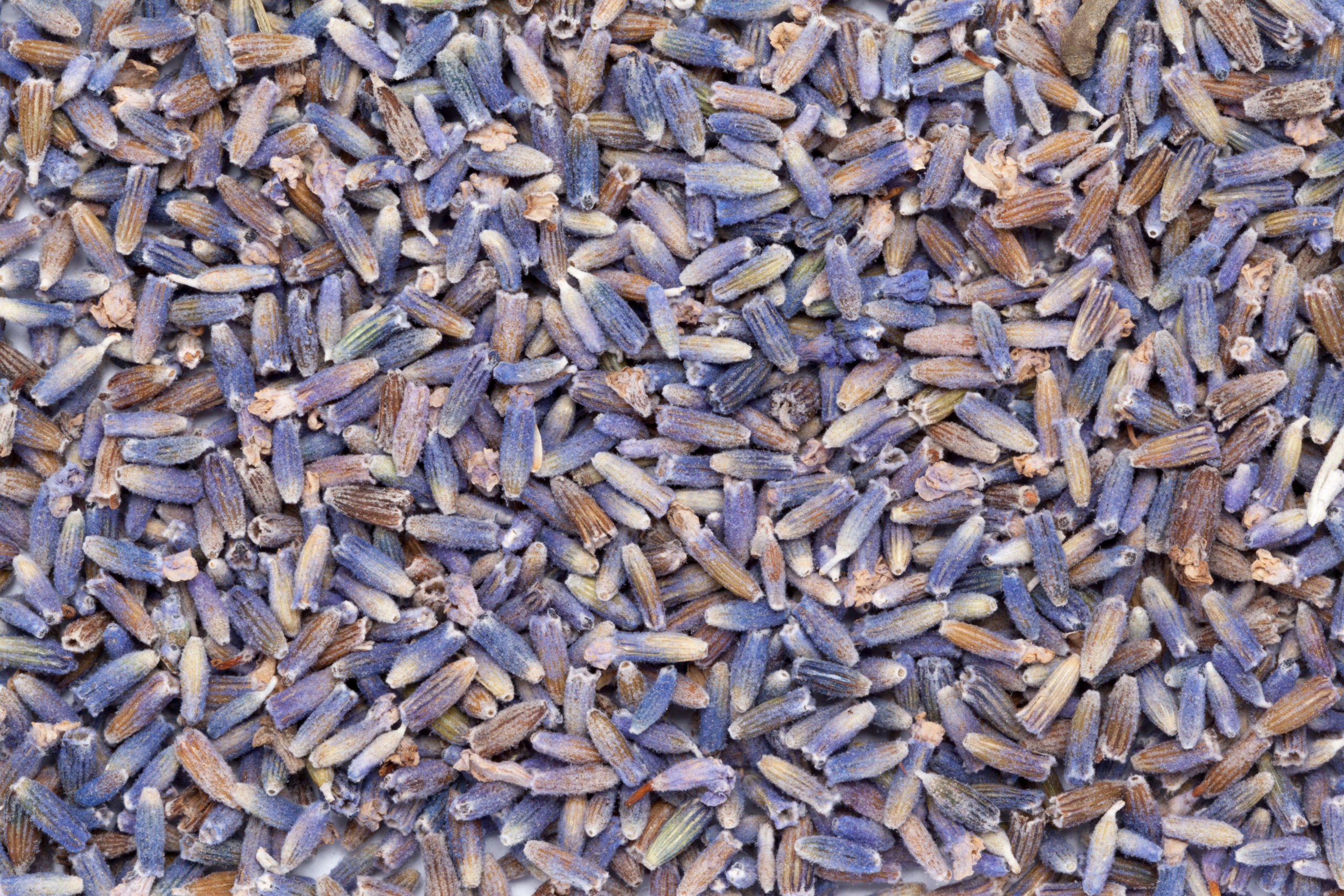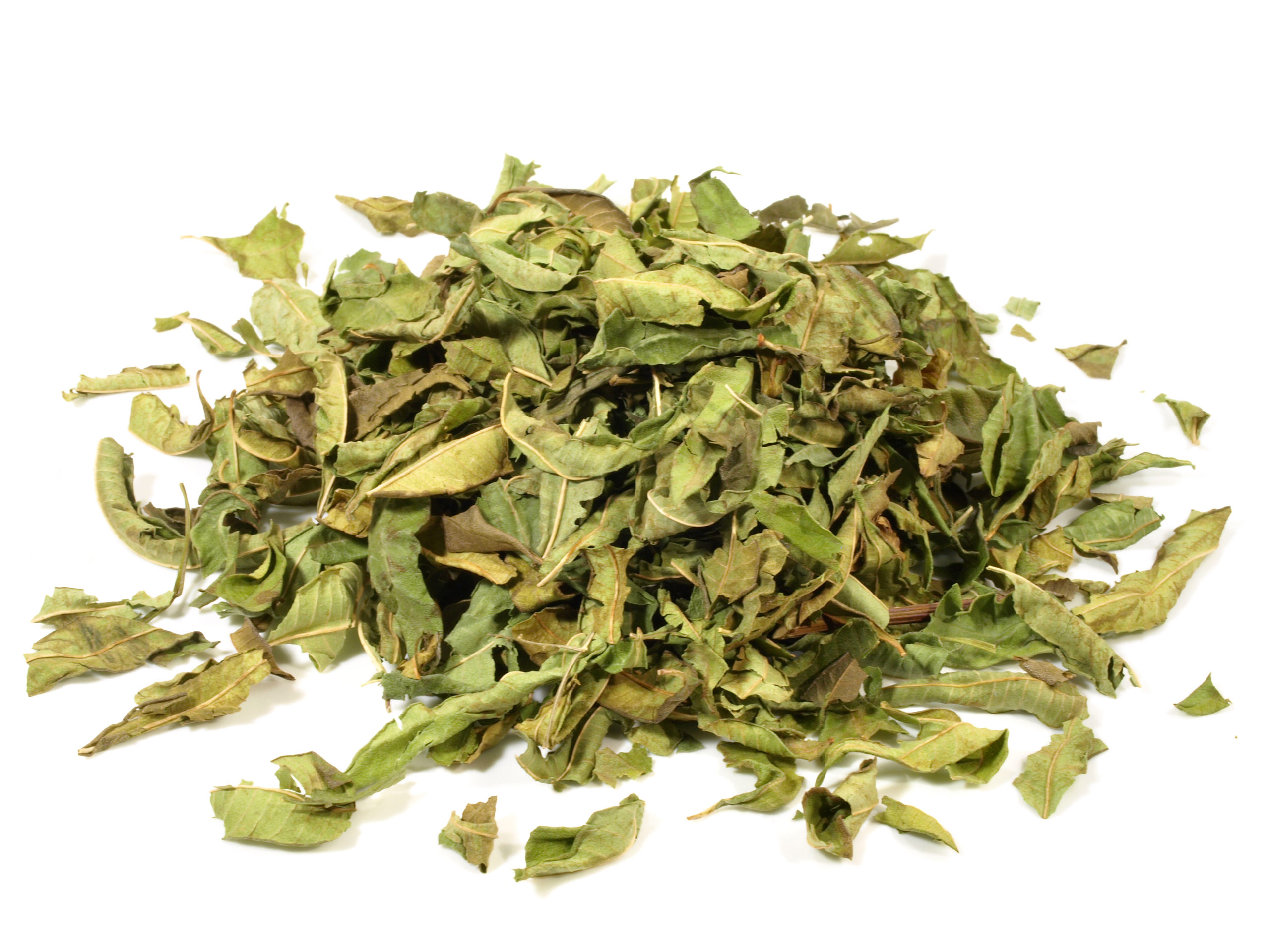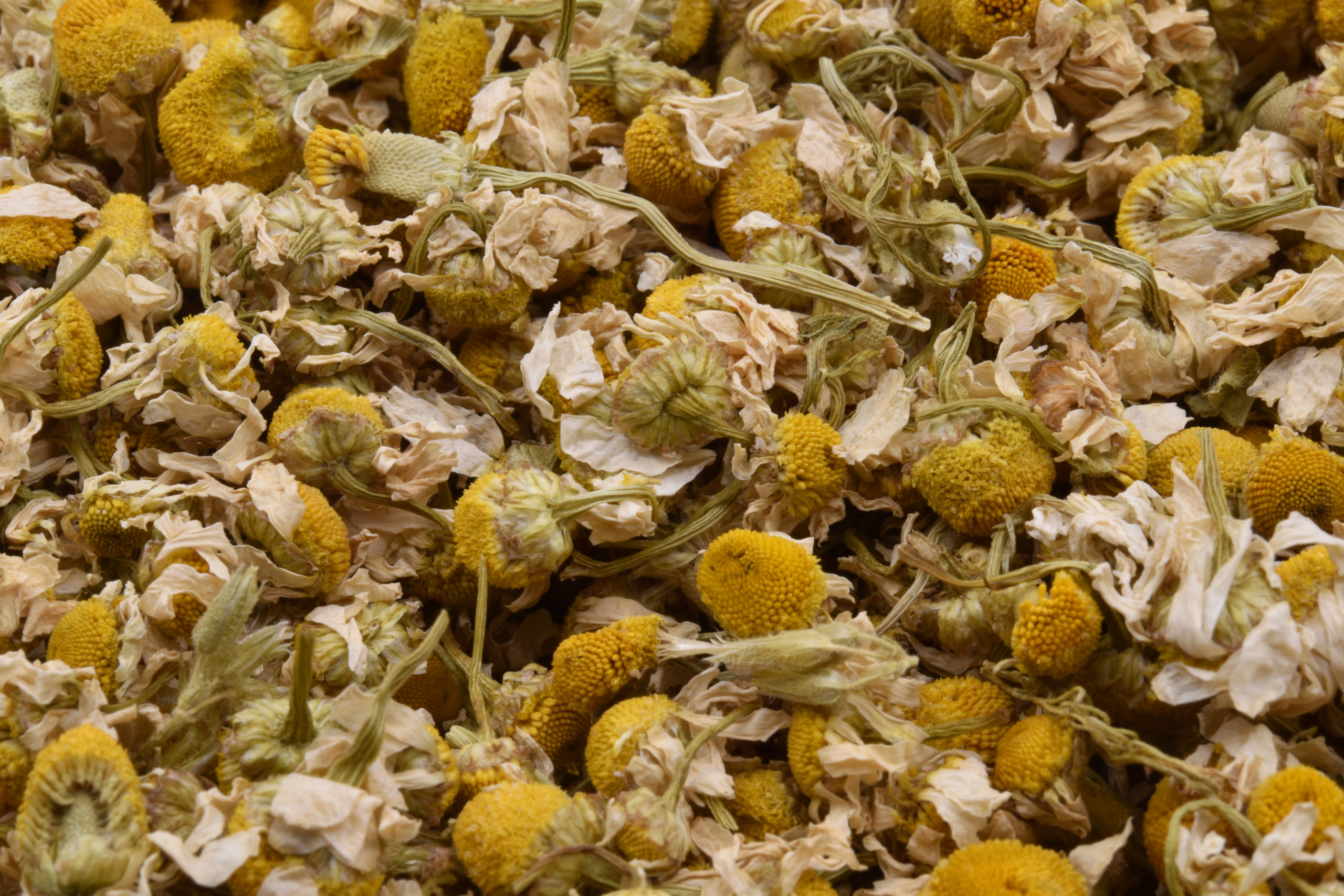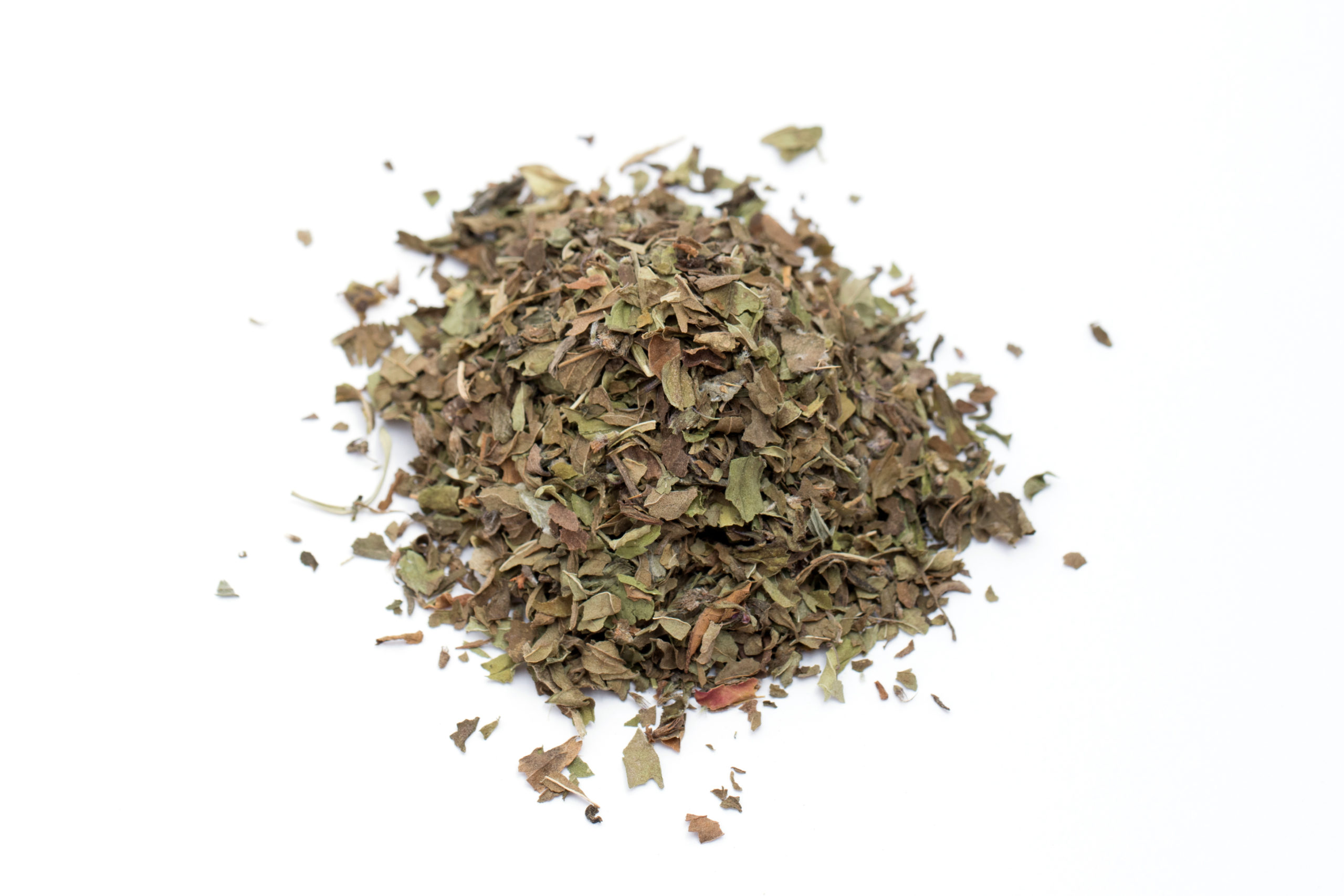Gifts From Your Garden: Grow Your Own Herbal Teas
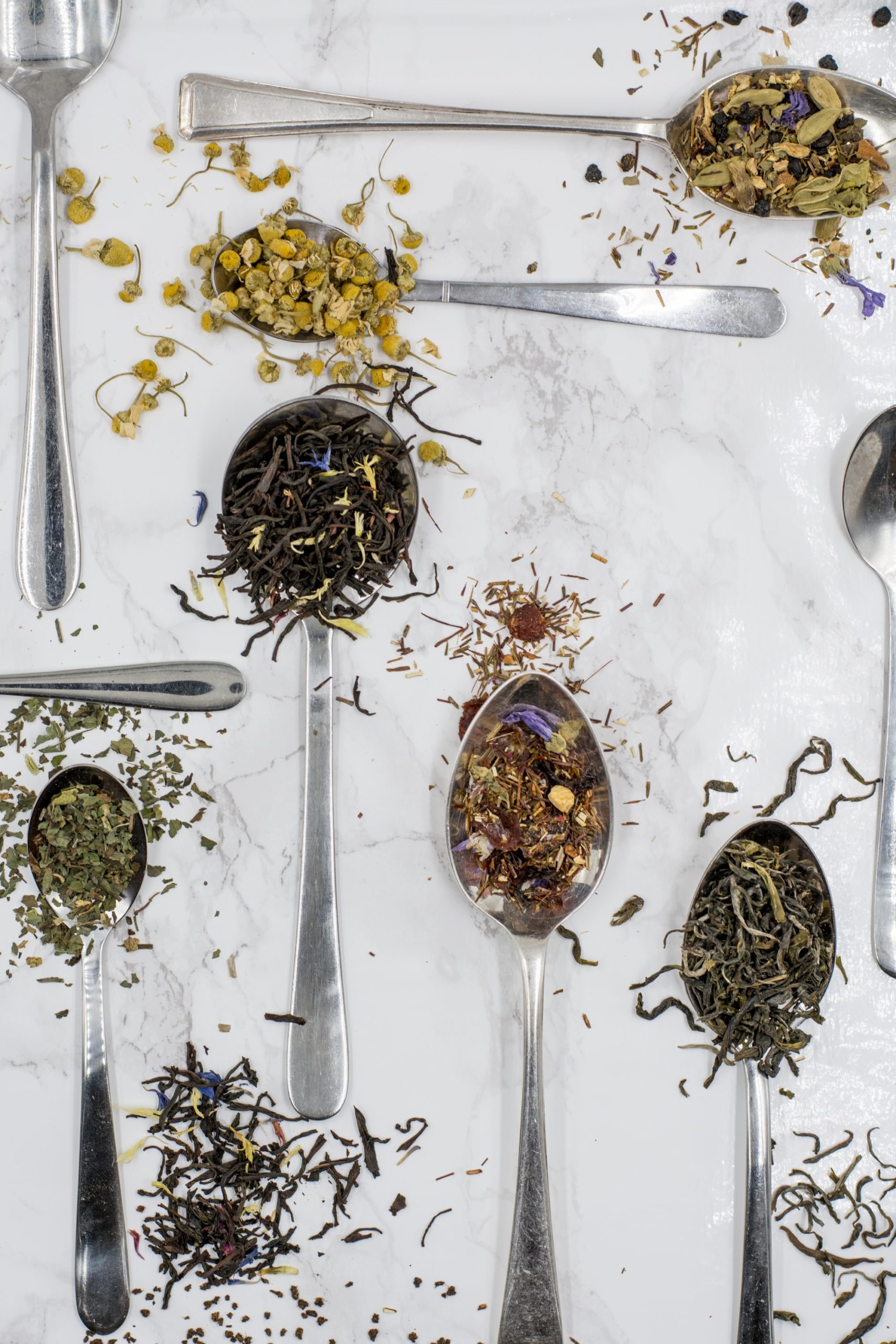
By Ann Clary and C. Darren Butler
GardenZeus receives commissions for purchases made through links in this post. There is no additional cost to you.
What better way to enjoy gardening and celebrate holidays than with homegrown gifts from your garden? Every active garden already has gifts growing, blooming, or ripening.
Homegrown herbal teas comprise a special category of garden gift. Many tea herbs are easily grown at home, and they may take less time and effort than you expect. A homegrown gift brings a multi-sensory and personal touch to the holidays, birthdays, and special occasions that many recipients prefer to purchased or manufactured products. Your friends and loved ones are sure to enjoy herbal tea that you grew especially for them, and herbal infusions from the garden may produce the best tea they have ever had.
Most or all tea herbs also have culinary and other uses from flavored water to salads or garnishes, and from dessert toppings to bath infusions.
Dried leaves have been used as infusions for millennia. An infusion is the result of steeping leaves or flowers in water. For purists, “tea” refers to infusions from leaves of Camellia sinensis, the tea plant. Other teas are more accurately referred to as herbal teas or infusions.
Camellia sinensis is closely related to Camellia japonica, the evergreen ornamental shrub grown commonly grown in mild-climate California areas and widely referred to simply as “Camellia.” Camellia sinensis or Tea Plant can be grown almost anywhere in California where frosts are short and mild. It’s not drought tolerant, and will need regular watering to produce good-quality tea leaves.
Choosing Plants
Are you new to growing tea herbs? GardenZeus recommends starting with leaves from mints and lemon verbena, and blossoms from lavender and chamomile. All are relatively easy to grow, delicious in tea, and have multiple uses. GardenZeus has complete instructions for growing lavender by zip code. To grow mint, see GardenZeus Quick and Easy Guide to Mint Species and Growing Mint: What To Think About Before Planting. Mint is a perennial herb that likes cool weather and needs more water than many other Mediterranean herbs. It often survives dry periods but won’t grow well or produce good leaves for tea without sufficient water. It also spreads easily by runners into lawns or may pop up in unwanted areas of your garden. GardenZeus recommends growing mint in a container to prevent spreading and manage watering.
The perennials lavender and lemon verbena make good staples in a Mediterranean herb garden and have similar cultural needs. German Chamomile is the variety grown for herbal tea. It’s a frost-tolerant annual that can be grown year-round in mild-winter California areas. For complete instructions for growing German Chamomile see German Chamomile for the California Home Garden. Lemon Verbena grows an abundance of narrow, richly scented leaves. It’s a lemony scent that is all its own, different than actual lemons or any other lemony herb. For complete instructions for growing Lemon Verbena see Lemon Verbena for the California Home Garden. Harvest a few weeks before cold weather or no later than Thanksgiving if you are harvesting Lemon Verbena to use as part of a holiday gift.
Preserving Gifts from Your Garden
Herbal tea made from fresh leaves and flowers is especially delicious. But for extended shelf life and for most gifts, it’s best to dry the leaves and flowers. For complete information on drying your freshly harvested your herbs and flowers, see Drying Fresh Herbs and Flowers.
English lavender, dried
Lemon Verbena, dried
German Chamomile, dried
Experiment with Herbal Combinations
Once you have dried your leaves and flowers, experiment with mixtures.
Popular combinations include:
- Chamomile/lemon verbena: three parts chamomile to one part lemon verbena
- Chamomile/lavender/spearmint or peppermint: one part each
- Chamomile/lavender/lemon verbena: one part each chamomile and lavender, with sprig of lemon verbena
After you have dried the leaves and flowers, prepare the herbal mixtures and place them in tea bags. For a more elaborate gift, your herbal mixture can be packed into the clever tea-infusing glass water bottle pictured below with a built-in infuser, and wrapped with ribbon and gift tag. 1 tablespoon of the herbal mixtures above typically produces 1 delicious cup of hot herbal tea, regardless of leaf or blossom combination.
Home gardening is one of the safest and most-rewarding activities during the COVID-19 pandemic. For other helpful articles, see our blog page Dig In.
To grow living holiday decorations see:
Indoor and Potted Plants for the Holiday Season
Poinsettias: Tips, Care and Fun Facts for the Holidays
GardenZeus recommends Botanical Interests as an excellent source of quality seeds.
